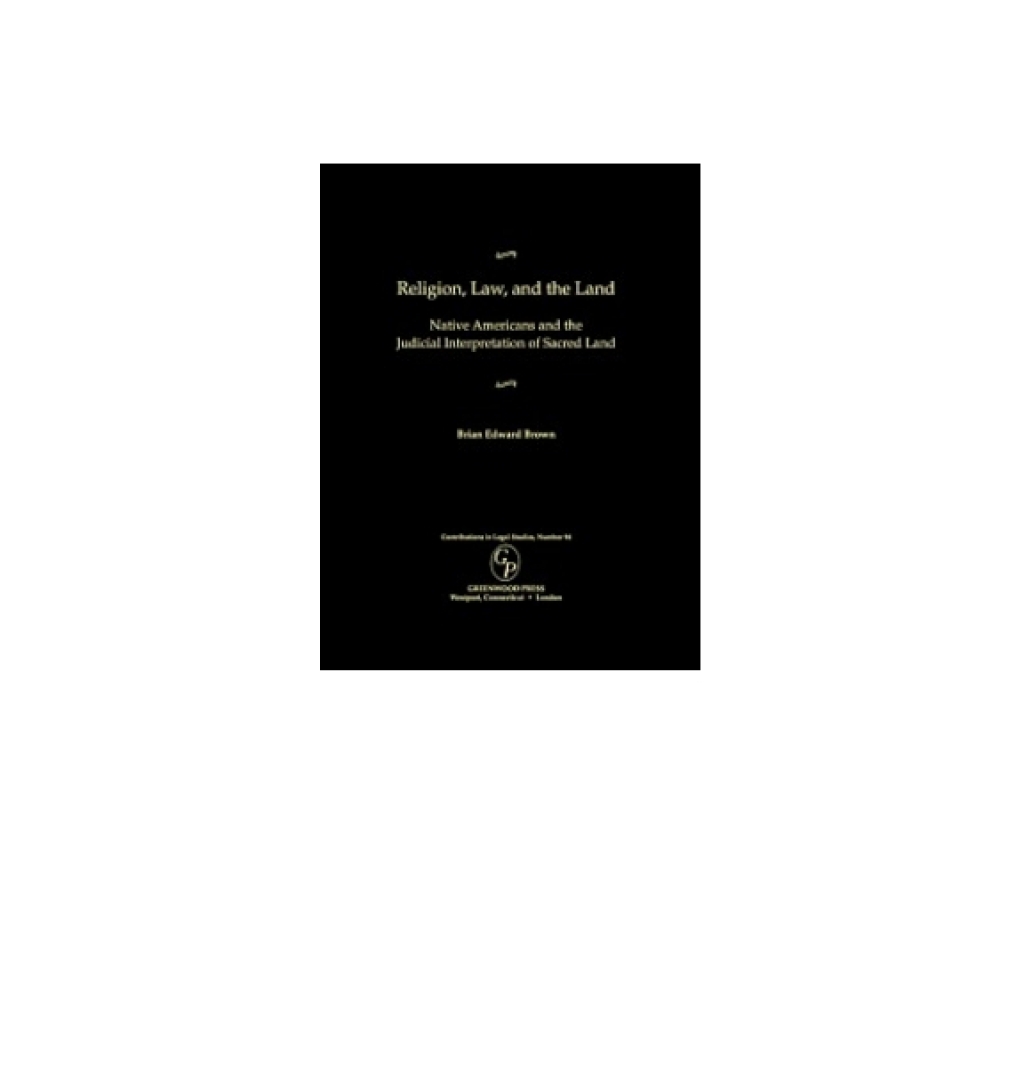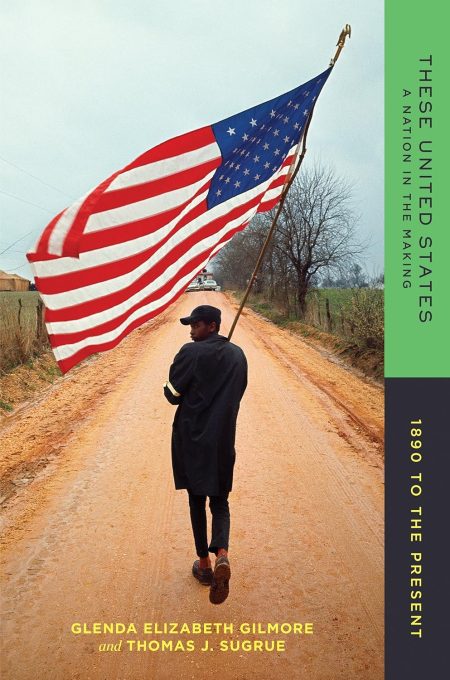Description
Examining a series of court decisions made during the 1980s regarding the legal claims of several Native American tribes who attempted to protect ancestrally revered lands from development schemes by the federal government, this book looks at important questions raised about the religious status of land. The tribes used the First Amendment right of free exercise of religion as the basis of their claim, since governmental action threatened to alter the land which served as the primordial sacred reality without which their derivative religious practices would be meaningless. Brown argues that a constricted notion of religion on the part of the courts, combined with a pervasive cultural predisposition towards land as private property, marred the Constitutional analysis of the courts to deprive the Native American plaintiffs of religious liberty. Brown looks at four cases, which raised the issue at the federal district and appellate court levels, centered on lands in Tennessee, Utah, South Dakota, and Arizona; then it considers a fifth case regarding land in northwestern California, which ultimately went to the U.S. Supreme Court. In all cases, the author identifies serious deficiencies in the judicial evaluations. The lower courts applied a conception of religion as a set of beliefs and practices that are discrete and essentially separate from land, thus distorting and devaluing the fundamental basis of the tribal claims. It was this reductive fixation of land as property, implicit in the rulings of the first four cases, that became explicitly sanctioned and codified in the Supreme Court’s decision in Lyng v. Northwest Indian Cemetery Protective Association of 1988. In reaching such a position, the Supreme Court injudiciously engaged in a policy determination to protect government land holdings, and did so through a shocking repudiation of its own long established jurisprudential procedure in cases concerning the free exercise of religion.






